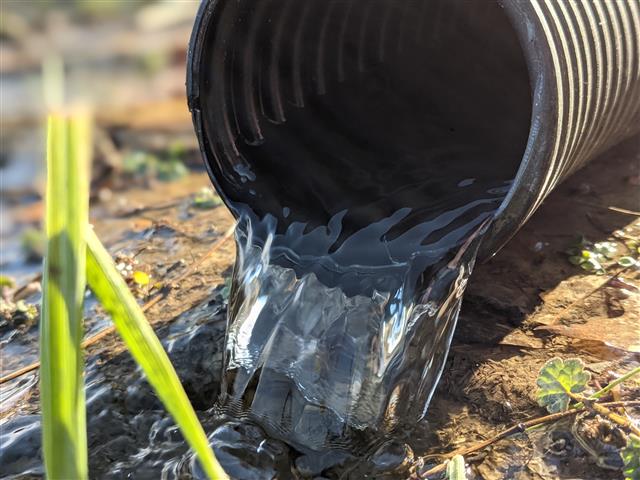The Bureau of Medical Marijuana Regulation is standing firm on their position that all cannabis centers that are not licensed by the State under the Medical Marihuana Facilities Licensing Act, will need to close down, and will get a cease and desist letter at that time. While the centers are not mandated to close down, the State Bureau of Licensing and Regulatory Affairs has made clear that any facility that continues to operate after receipt of the cease and desist will very likely not be granted a license. Additionally, the State has set forth recommended Final Rules concerning Medical Marihuana Facilities licensing, which is going to enable or registered qualifying clients to obtain house shipments from provisioning centers (with constraint, obviously) as well as will likewise allow online buying. So, where does that leave registered caregivers, who were expecting to be able to remain relevant to their clients up until 2021?
Traditional Model
The old for registered caregivers was quite basic. You were permitted to grow up to twelve plants for each patient. You could have five clients, aside from yourself. If the caregiver was also a client, they could also grow twelve plants for individual usage also. So, a caregiver could cultivate a total of seventy-two marihuana plants. Many caregivers created far more usable marihuana from those plants than they could make use of for clients and individual usage. The caregivers would then sell their excess product to medical marihuana dispensaries.
Under the emergency rules, marihuana dispensaries that were operating with municipal approval, but that had actually not obtained a State license were permitted to proceed running and buying from registered caregivers. Those facilities were permitted to buy caregiver overages for thirty days after receiving their State license for stock. That meant substantial profits for caregivers as well as substantial supply for dispensaries.
After September 15, 2018
The troubles for registered caregivers only starts on September 15, 2018. All State licensed facilities that will stay open and operating can not buy any type of product from caregivers. State Licensed Provisioning Centers, but statute and administrative rules are strictly prohibited from buying or selling any item that is not produced by a State Licensed Cultivator or Processor that has had their item tested and certified by a State Licensed Safety Compliance Facility. Any State Licensed Provisioning Center that is found to have product available that is not from a State Licensed Cultivator or Processor is subject to State sanctions on their license, consisting of temporary or permanent cancellation of the license. Given the risk, licensed centers are really unlikely to risk buying from a caregiver, provided the possible repercussions.
Additionally, the unlicensed facilities to whom caregivers have been continuing to market to, even during the licensing process, will be closing down. Some may continue to run, but given the State’s stance on facilities that do not adhere to their cease and desist letters being looked at very unfavorably in the licensing process, the market will be badly decreased, if not eliminated. As a result, caregivers will not have much recourse for marketing their overages, and will be limited only to their current clients.
New Administrative Rules
A hearing will be held on September 17, 2018 relating to the brand-new recommended final administrative rules for the regulation of medical marihuana facilities, which will become effective in November, when the emergency rules cease being effective. Those final proposed administrative rules allow for house delivery by a provisioning center, and will likewise permit managed online buying. Those two things remove much of the function contemplated by caregivers under the new policies. Clients would still require them to visit the provisioning facility to grab and deliver cannabis to clients that were too ill or that were impaired and can not get to those licensed centers to get their medicinal marijuana. With this adjustment to the administrative rules, such patients will no longer need a caregiver. They will be able to place an order online and have the provisioning center deliver it to them, basically removing the necessity of a caregiver.
Verdict
For better or worse, the State is doing everything it can to eliminate caregivers under the new administrative system, even prior to the prepared removal in 2021 contemplated by the MMFLA. There are a lot of reasons the State could be doing it, but that is of little comfort to caregivers. The bottom line is, the State is doing away with the caregiver , and they are moving that process along with celerity. The State is sending the message that they want caregivers out of the market asap, and they are establishing policies to make certain that occurs sooner rather than later. The caregiver model, while helpful and required under the old Michigan Medical Marihuana Act structure, are currently going the way of the Dodo. Like everything else, the Marihuana regulations are evolving, and some things that have prospered in the past, will not make it to see the brand-new legalized era.



